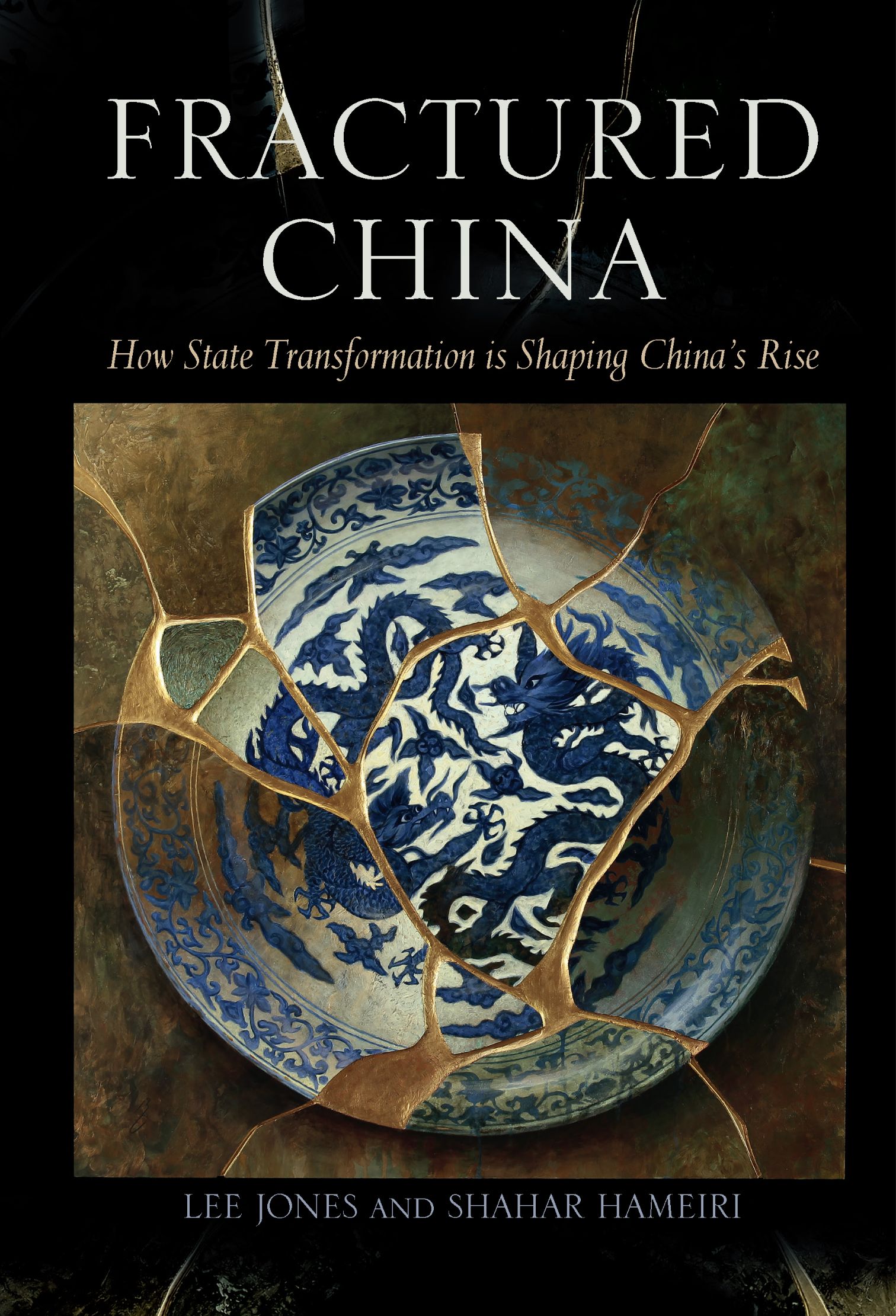Fractured China: How State Transformation Is Shaping China's Rise
Is China's rise a threat to international order? Fractured China shows that it depends on what one means by 'China', for China is not the monolithic, unitary actor that many assume. Forty years of state transformation – the fragmentation, decentralisation and internationalisation of party-state apparatuses – have profoundly changed how its foreign policy is made and implemented. Today, Chinese behaviour abroad is often not the product of a coherent grand strategy, but results from a sometimes-chaotic struggle for power and resources among contending politico-business interests, within a surprisingly permissive Chinese-style regulatory state. Presenting a path-breaking new analytical framework, Fractured China transforms the central debate in International Relations and provides new tools for scholars and policymakers seeking to understand and respond to twenty-first century rising powers. Drawing on extensive fieldwork in China and Southeast Asia, it includes three major case studies – the South China Sea, non-traditional security cooperation, and development financing–to demonstrate the framework's explanatory power.
- Advances a novel state transformation framework for explaining the dynamics and outcomes of China's rise
- Includes in-depth, fieldwork-based analyses of policy formation and outcomes in several Southeast Asian states
- Provides three detailed case studies of key policy domains: the South China Sea, non-traditional security, and development financing
- Advances a novel state transformation framework for explaining the dynamics and outcomes of China's rise
- Includes in-depth, fieldwork-based analyses of policy formation and outcomes in several Southeast Asian states
- Provides three detailed case studies of key policy domains: the South China Sea, non-traditional security, and development financing

Publisher
Cambridge University Press
ISBN
9781009048460
Publication date
1 Jan 2021 – 31 Dec 2021
Specialisation
Social Sciences
Theme
International Relations and Politics
Region
Global Asia (Asia and other parts of the World)
China
Southeast Asia